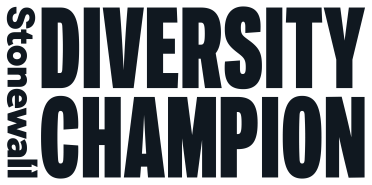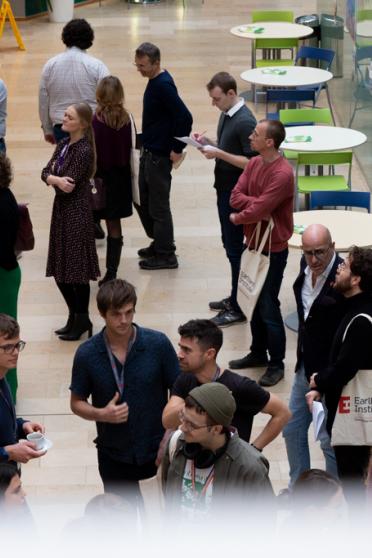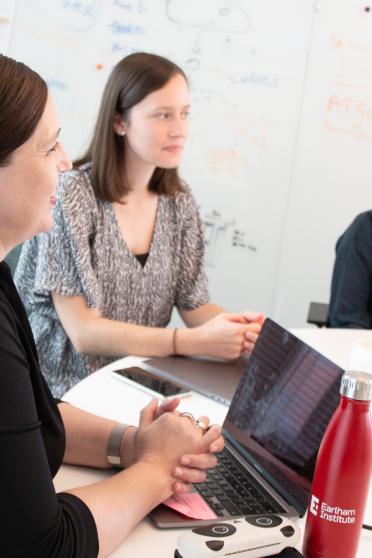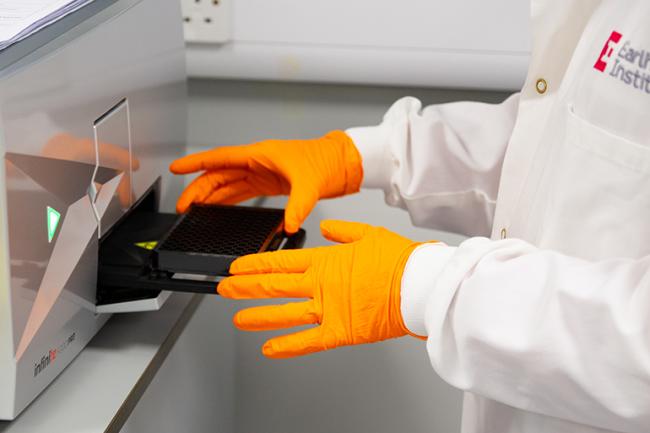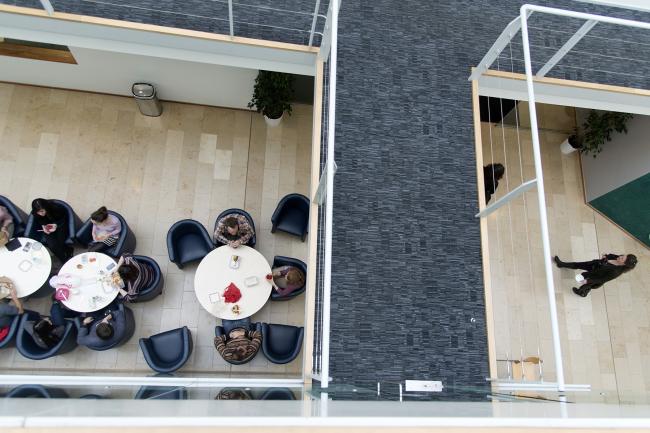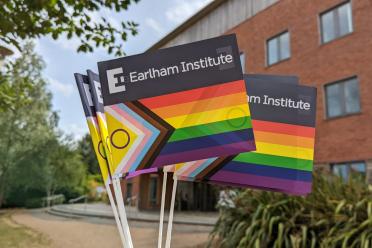
At the same time, the John Innes Centre has renewed its membership, having been part of the Diversity Champions programme since 2016.
With direct links and close collaborations, the joint membership means LGBTQ+ staff, students, and visitors at all three institutes will benefit from a consistent level of support.
Making the announcement during Pride month, the institutes have reaffirmed long standing pledges to their LGBTQ+ employees, collaborators, and the wider research community.
All three institutes are strategically supported by the Biotechnology and Biological Sciences Research Council (BBSRC), part of UKRI. Together, they employ around 650 people and host a large cohort of students, as well as being part of the thriving community on the Norwich Research Park.
While supporting the LGBTQ+ community is already part of their work, it is hoped coordination through the Diversity Champions programme will enhance and standardise policies and practices - something that is particularly important given the joint appointments and collaborative nature of researchers based on the Park.
Stonewall is a global LGBTQ+ rights charity working to realise a world where all lesbian, gay, bi, trans, queer, questioning, and ace people are free to be themselves and live their lives to the full.
Their Diversity Champions programme was launched in 2001 and is designed to give employers the confidence and tools they need to become LGBTQ+ inclusive leaders, helping them to attract, support, and retain LGBTQ+ talent.
Covering all aspects of the workplace environment and employee journey, the programme helps to implement best practice for policies and processes that might otherwise negatively impact people from the LGBTQ+ community.
Professor Neil Hall, Director of the Earlham Institute, said: “The Diversity Champions programme gives us the framework, guidance, and advice we need to embed inclusivity in the Earlham Institute. That allows us to support everyone to bring their whole selves to work and thrive in their careers.
“Research shows many members of the LGBTQ+ community continue to feel demeaned by colleagues or limited in their opportunities. That is unacceptable. We’re committed to doing better for all marginalised groups so that everyone feels this is a safe and supportive environment, where all of their energy can be focused on delivering world-class research.”
The Norwich Bioscience Institutes (NBI) LGBTQ+ working group was created in January 2019 and has played a central role in calling for and developing initiatives to promote workplace inclusivity, including the Diversity Champions programme. With a diverse membership representing all of the NBI partners, the group provides a united voice for the LGBTQ+ community on the Norwich Research Park and will be heavily involved in directing activity for the programme.
Emilie Knight, Research Assistant in the Borrill Group at the John Innes Centre and chair of the NBI LGBTQ+ working group, said: "The group welcomes the joint membership and hopes that it will help our institutes move forward together in ensuring that the LGBTQ+ community is respected and valued."
